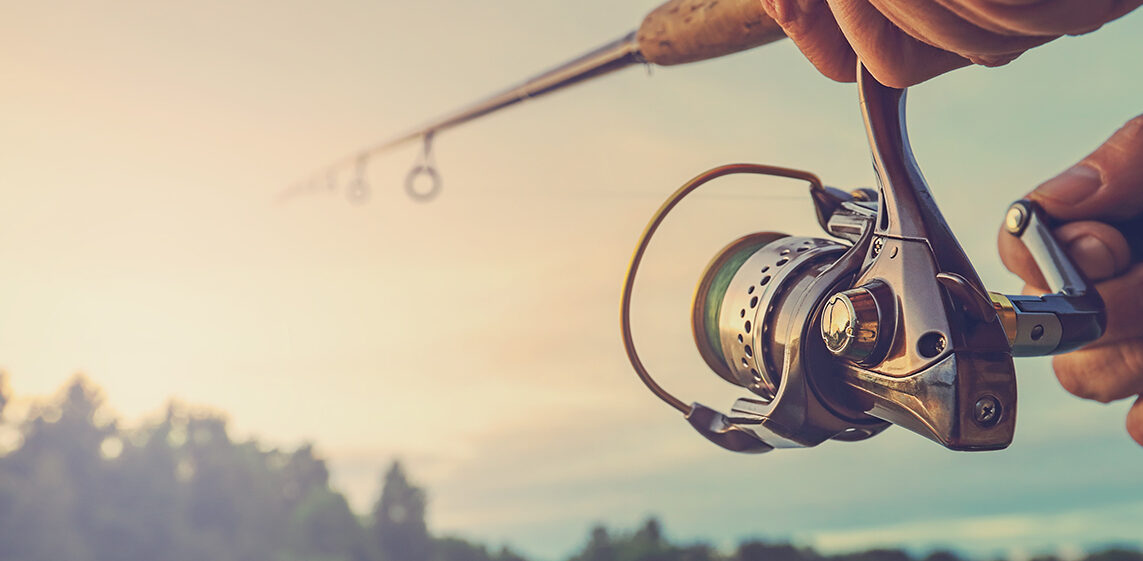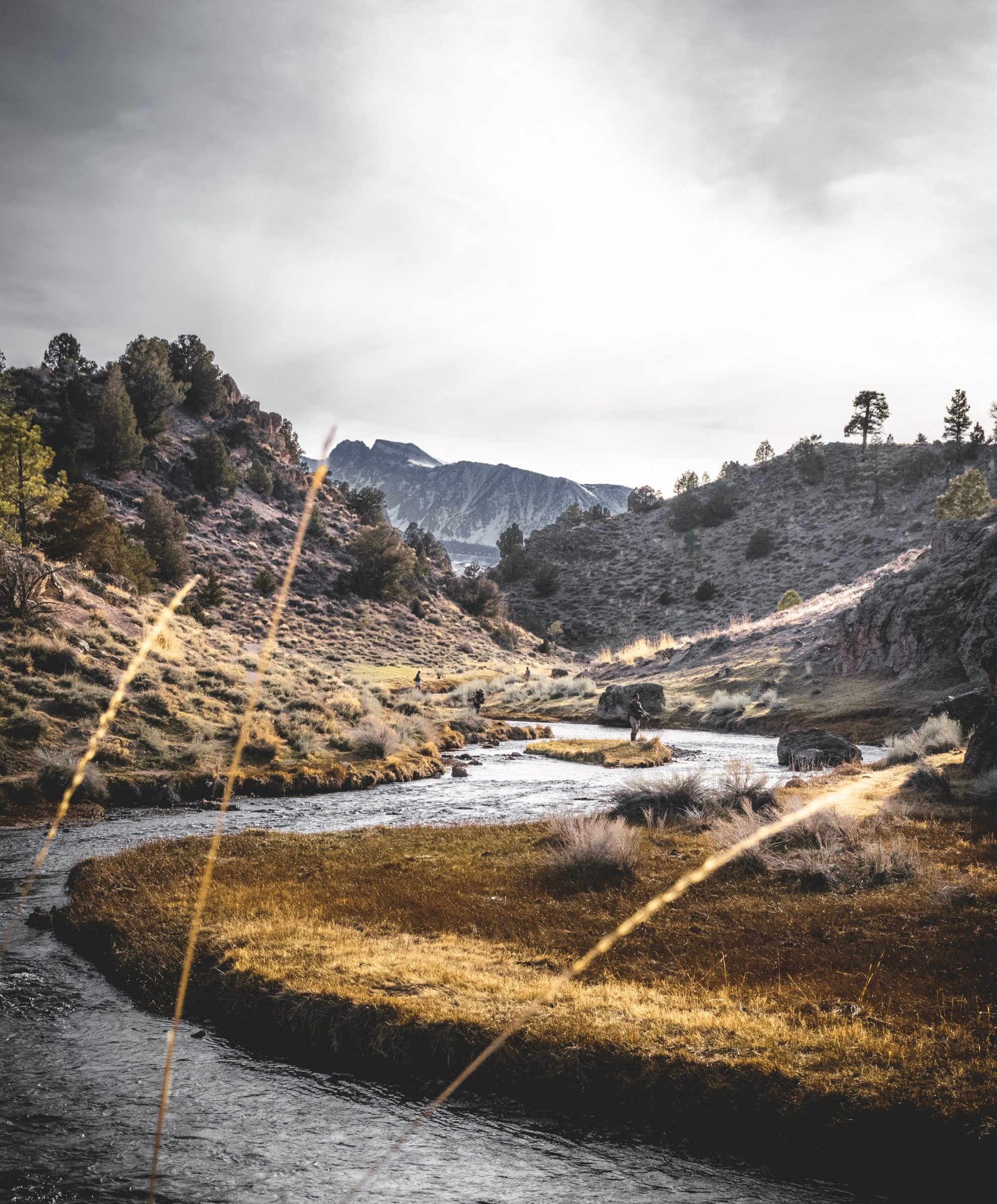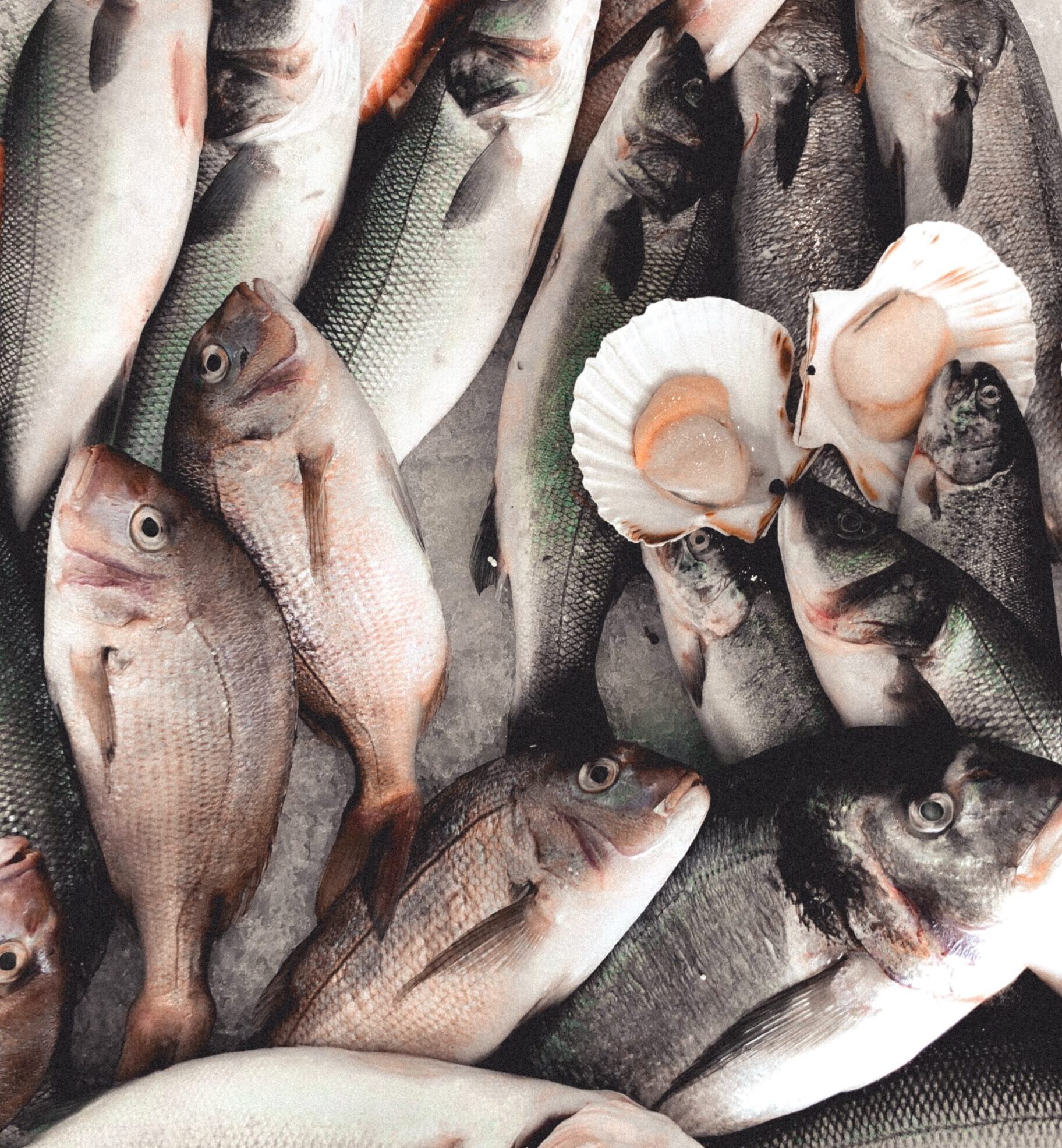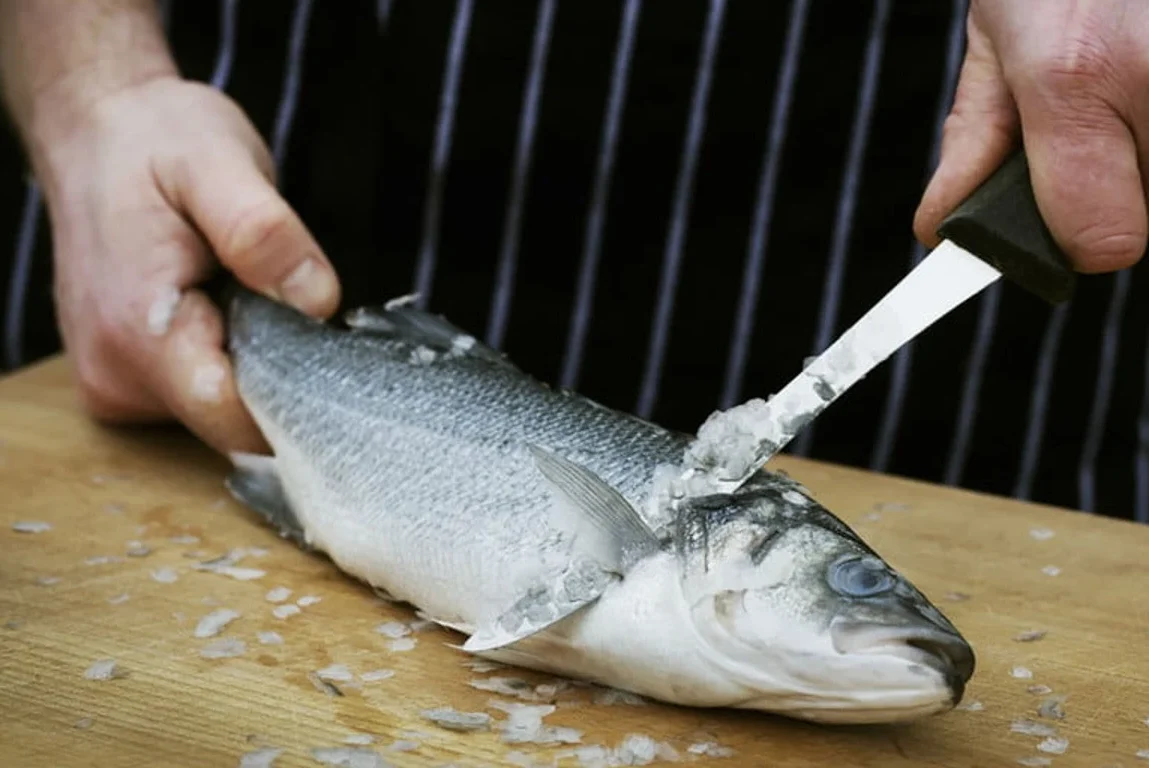Fishing is a popular outdoor activity enjoyed by many individuals around the world. However, accidents can happen while fishing, and it is essential to be prepared for any potential injuries or emergencies. Knowing first aid is crucial in these situations, as it can make a significant difference in the outcome of an injury. Therefore, it is important for all anglers to have a basic understanding of first aid techniques and to carry essential first aid supplies on fishing trips.
Fishing injuries can range from minor cuts and bruises to more severe injuries such as fishhook punctures, hypothermia, and drowning. It is important to be aware of these common injuries and know how to treat them properly. For example, fishhook punctures require careful removal to avoid causing further damage, while hypothermia requires immediate attention to prevent further heat loss. Additionally, anglers who make their own lead sinkers are at risk of lead poisoning, making it essential to know the signs and symptoms of this condition and how to treat it.
Carrying essential first aid supplies on fishing trips can help anglers be prepared for any potential injuries. Basic wound cleaning and care equipment, such as alcohol wipes, iodine wipes, saline rinse, gauze, tape, and band-aids of different sizes, should be included in a fishing first aid kit. Additionally, the kit should include items specific to fishing injuries, such as pliers for removing fishhooks, hot water for treating stingray stings, and survival fishing gear. Knowing how to use the items in the kit is also essential to ensure proper treatment of injuries. By being prepared and knowledgeable about first aid, anglers can enjoy fishing with peace of mind, knowing they are ready to handle any potential emergencies.
Basic First Aid Techniques for Fishing Injuries
Fishing can be a fun and relaxing activity, but it also comes with the risk of injuries. It is essential to know basic first aid techniques to handle fishing-related injuries. Cuts and abrasions are common injuries that can occur while fishing. First aid for cuts involves cleaning the wound and controlling bleeding. It is crucial to flush the wound with clean water to remove foreign material contamination such as dirt or fish slime. A well-stocked first-aid kit for fishing should have adhesive bandages in assorted sizes, gauze, and antibiotic ointment. If disinfectant is available, it can be used to clean the wound. Alcohol should be avoided as it causes wound-edge necrosis and slows down the healing process.
Hook injuries are another common injury that can occur while fishing. If a fishhook is embedded in the skin, it should not be removed by pulling it out. Instead, the line should be cut, and the hook should be pushed through until the barb is visible. Then, the hook should be cut and removed in the opposite direction of entry. If the injury is severe or the hook is lodged in a sensitive area, such as the eye or throat, seek medical attention immediately. It is also important to ensure that tetanus shots are up to date, especially if the wound is dirty.
Fishing often involves exposure to the sun, leading to the risk of burns and sunburn. It is essential to minimize sun exposure between 10 am-2 pm when ultraviolet rays are at their strongest. If getting sunburned, cool the burn by using cool, wet compresses and managing pain with an anti-inflammatory pain reliever like ibuprofen. If the burn is severe, it is important to get out of the sun and into the shade. Use cool water to sponge down the burns or take a cool shower/bath if possible. It is also essential to avoid breaking blisters and remove tight items, such as rings, from the burned area.
First Aid for Fishing Related Medical Emergencies
Fishing is an enjoyable outdoor activity, but it also comes with its share of medical emergencies. It is crucial to be prepared for common fishing-related medical emergencies by having a first-aid kit on hand. One such emergency is allergic reactions. Fish is a common allergen, and fish-allergic patients should carry epinephrine and know how to use it in case of an allergic reaction. In case of an allergic reaction, it is essential to seek medical attention immediately. It is also important to know how to remove a fishhook from skin without causing further injury.
Another common fishing-related medical emergency is heat exhaustion and dehydration. It is necessary to recognize the symptoms of these conditions, such as excessive sweating, fatigue, and dizziness, and take appropriate measures. These measures include resting in a cool, shady place, drinking fluids with sodium and electrolytes, and immersing the victim in cold water or an ice bath.
In the event of a heart attack or stroke, it is essential to act quickly and seek emergency medical attention. It is crucial to recognize the symptoms of these conditions, such as chest pain, shortness of breath, and sudden weakness or numbness on one side of the body. In the meantime, it is recommended to have the person sit down, rest, and keep calm, and loosen any tight clothing. Being prepared for these emergencies and knowing how to respond can make all the difference in saving a life.
First Aid for Marine Life Injuries
When fishing in the ocean, it is important to be prepared for potential injuries from marine life. One common injury is a jellyfish sting, which can cause pain, swelling, and even anaphylaxis in severe cases. The first step in treating a jellyfish sting is to rinse the affected area with sea water to remove any large tentacles. Next, a vinegar rinse can be used to stop the stinging and clean the area. It is important to note that not all jellyfish stings require medical attention, but it is always best to seek medical help if there are any signs of an allergic reaction or if the sting covers a large area of the body. Additionally, if tentacles are still present, they should be removed with gloves or a towel to prevent further stings.
Stingray injuries can also occur while fishing in the ocean. These injuries are usually caused by stepping on a stingray, which can result in a deep puncture wound that is at high risk for infection. The first step in treating a stingray injury is to control the bleeding and clean the wound. Removing any obvious pieces of the stinger and soaking the wound in warm water for 30-90 minutes can also help alleviate pain and prevent infection. It is important to seek medical attention if the injury is severe or if there are any signs of infection, such as redness, swelling, or fever.
Finally, it is important to know how to deal with fish spines and poisonous fish while fishing. Certain fish, such as dogfish, ratfish, and rockfish, have sharp and toxic spines that can cause serious infections and tissue destruction if not properly treated. If a spine is stuck in the skin, it should be removed with tweezers or pliers and the wound should be cleaned with soap and water. If there are any signs of infection, medical attention should be sought immediately. In general, it is important to be cautious when handling any type of fish, especially those with sharp spines or poisonous venom, to prevent injuries and ensure a safe and enjoyable fishing experience.
Tips for Preventing Fishing Injuries and Being Prepared for Emergencies
When it comes to fishing, safety should always be a top priority. Taking the necessary precautions can help prevent injuries and ensure a safe and enjoyable fishing experience.

Some safety measures to consider include wearing shoes in fishing areas to avoid injury from discarded hooks and sharp rocks, and ensuring that all safety equipment, such as a radio, is in good working order before heading out on the water. It is also important to educate yourself on fishing safety and first aid techniques, which can be found through expert advice and resources. By taking these safety precautions, you can reduce the risk of injury and be better prepared for emergencies.
Cum sa vizionezi filme porno XXX pe Smart TV https://xxx1.link/wp-content/uploads/2019/09/9-12.jpg, https://xxx1.link/profesoara-ochelarista-care-il-suge-pe-un-student-la-care-visa-de-cateva-zile/, https://xxx1.link/porno-cu-o-siliconata-care-se-fute-ca-o-panarama-in-dus/, https://xxx1.link/a-fost-prima-negresa-prinsa-de-el-si-credea-ca-o-largeste-in-pizda-insa-ea-a-luat-domensiuni-enorme/, https://xxx1.link/ii-sta-perfect-cand-baga-penisul-in-buze/, https://xxx1.link/wp-content/uploads/2021/12/d01dcdf98d104d2ddec9513bbc792216-240×155.jpg, https://xxx1.link/wp-content/uploads/2022/01/1a708a29d2435e8aec1e44f0d6fd1520-240×155.jpg, https://xxx1.link/el-a-lins-cu-delicatete-si-gentil-pizdele-fetelor/, https://xxx1.link/deliciu-sexual-cu-o-blonda-cu-floci-la-pizda/, https://xxx1.link/wp-content/uploads/2022/09/0db3b4df845f35bf42d37dedf63342ae-240×155.jpg, https://xxx1.link/wp-content/uploads/2021/12/454f53ba8be1315551d6a688a9ca4ee9-240×155.jpg, https://xxx1.link/wp-content/uploads/2021/12/d91e59346b3b2ee8eebd7fa165e74ef8-240×155.jpg, https://xxx1.link/wp-content/uploads/2022/11/d53db83d140f75d8411736795fc25de5-240×155.jpg, https://xxx1.link/tanara-isi-lasa-vaginul-in-mana-unui-barbat-care-stie-sa-il-foloseasca/, https://xxx1.link/wp-content/uploads/2024/07/b7620ed41fff3fc158fa1b8a0c6c5ceb.jpg.
Before heading out on a fishing trip, it is important to be prepared for potential emergencies. This includes packing a first aid kit with essential items such as adhesive bandages, gauze, and antibiotic ointment. Additionally, it is recommended to pack a landing net and learn first aid techniques for removing hooks from skin, dealing with cuts, and managing hypothermia. By being prepared and having the necessary equipment on hand, you can respond quickly and effectively to emergencies that may arise.
While minor injuries can often be treated with first aid techniques, it is important to know when to seek professional medical help. Seek medical attention if an injury is severe, such as a broken bone or deep wound, or if symptoms such as dizziness, difficulty breathing, or chest pain occur. Proper first aid can help stabilize the injury until medical help arrives, but it is important to not delay seeking professional medical attention when necessary. By being prepared and knowledgeable about fishing first aid, you can ensure a safe and enjoyable fishing experience.


